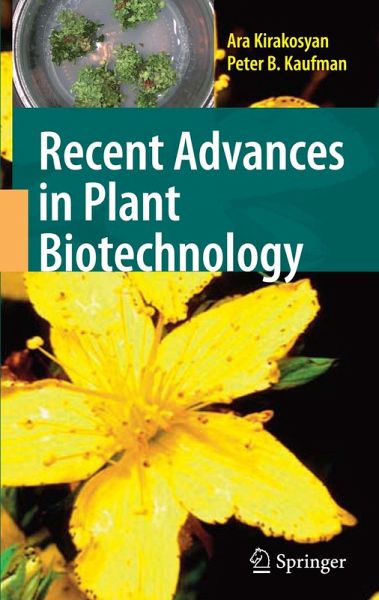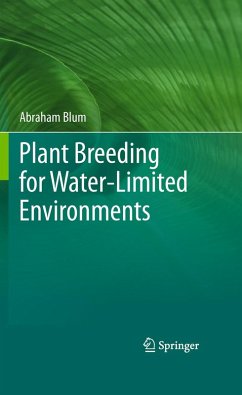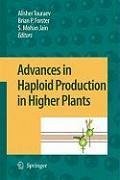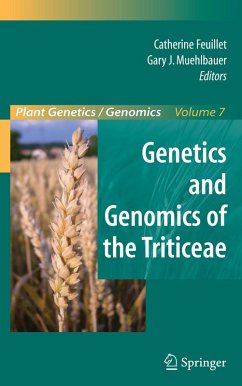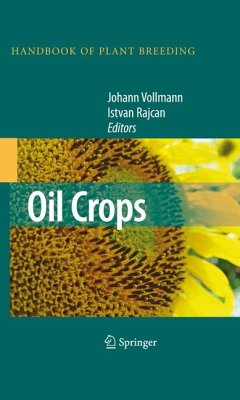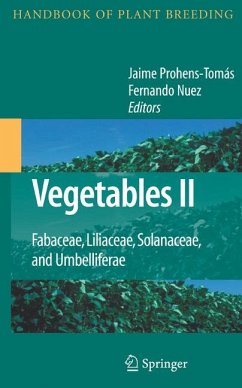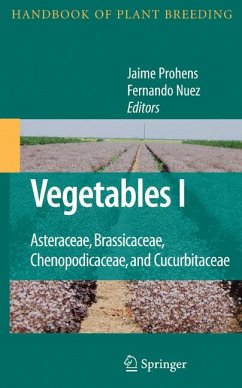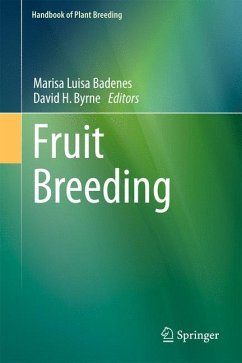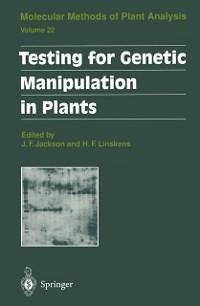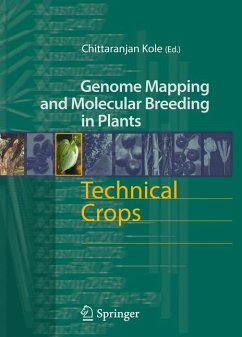Ara Kirakosyan, Ph.D., D.Sc. is Associate Professor of Biology at Yerevan State University, Armenia and is currently Research Investigator at the University of Michigan Medical School and University of Michigan Integrative Medicine Program (MIM). He received a Ph.D. in Molecular Biology in 1993 and Doctor of Science degree in Biochemistry and Biotechnology in 2007, both from Yerevan State University, Armenia. Dr. Kirakosyan's research on natural products of medicinal value in plants focuses on the molecular mechanism of secondary metabolite biosynthesis in selected medicinal plant models. His primary research interests focus on the uses of plant cell biotechnology to produce enhanced levels of medicinally important, value-added secondary metabolites in intact plants and plant cell cultures. These studies involve metabolic engineering coupled with integration of functional genomics, metabolomics, transcriptomics, and large-scale biochemistry. He carried out postdoctoral research in the Department of Pharmacognosy at Gifu Pharmaceutical University, Gifu, Japan under the supervision of Prof. Kenichiro Inoue. The primary research topic was molecular biology of biosynthesis of several secondary metabolites in plants; particularly this was applied to the sweet triterpene, glycyrrhizin in cell cultures of Glycyrrhiza glabra and dianthrones in Hypericum perforatum. In addition, he took part in several visiting research investigator positions in Germany. First, he was visiting scientist under collaborative grant project DLR, in Heinrich-Heine-University, Düsseldorf (project leader Prof. Dr. W.A. Alfermann). The research here concerned a lignan anticancer project, i.e., the production of cytotoxic lignans from Linum (flax). The second involved a carbohydrate-engineering project as a DAAD Fellow in the Institute of Plant Genetics and Crop Plant Research (IPK) Gatersleben, under supervision of Prof. Dr. Uwe Sonnewald. His collaboration with US scientists started with theUSDA founded project on plant cell biotechnology for the production of dianthrones in cell/shoot cultures of Hypericum perforatum (St. John's wort). This research has been carried out with Dr. Donna Gibson at USDA Agricultural Research Service, Plant Protection Research Unit, U.S. Plant, Soil, and Nutrition Laboratory, Ithaca, NY, USA. In 2002, he was a Fulbright Visiting Research Fellow at the University of Michigan, Department of Molecular, Cellular, and Developmental Biology in the Laboratory of Prof. Peter Kaufman. Dr. Kirakosyan is principal author of over 50 peer-reviewed research papers in professional journals and several chapters in books dealing with plant biotechnology and molecular biology. He is second author of best-selling book, "Natural Products from Plants", 2nd edition (2006). Ara Kirakosyan is a full member of the Phytochemical Society of Europe and European Federation of Biotechnology. He serves as an Editorial Board Member in The Open Bioactive Compounds Journal, Bentham Science Publishers and as an Editor as part of the Editorial Board of 19 Scientific Domains Journals, Global Science Books (GSB), Isleworth, UK. He has received several awards, fellowships, and research grants from USA, Japan, and the European Union.
Peter B. Kaufman, Ph.D., is a Professor of Biology Emeritus in the Department of Molecular, Cellular, and Developmental Biology (MCDB) at the University of Michigan and is currently Senior Scientist, University of Michigan Integrative Medicine Program (UMIM). He received his B.Sc. in Plant Science from Cornell University in Ithaca, N.Y. in 1949 and his Ph.D. in Plant Biology from the University of California, Davis in 1954 under the direction of Professor Katherine Esau. He did post-doctoral research as a Muellhaupt Fellow at Ohio State University, Columbus, Ohio. He has been a Visiting Research Scholar at University of Calgary, Alberta, Canada; University of Saskatoon, Saskatoon, Canada; University of Colorado, Boulder, Colorado; Purdue University, West Lafayette, Indiana; USDA Plant Hormone Laboratory, BARC-West, Beltsville, Maryland; Nagoya University, Nagoya, Japan; Lund University, Lund, Sweden; International Rice Research Institute (IRRI) at Los Banos, Philippines; and Hawaiian Sugar Cane Planters' Association, Aiea Heights, Hawaii. Dr. Kaufman is a Fellow of the American Association for the Advancement of Science and received the Distinguished Service Award from the American Society for Gravitational and Space Biology (ASGSB) in 1995. He served on the Editorial Board of Plant Physiology for ten years and is the author of more than 220 research papers. He has published eight professional books to date and taught popular courses on Plants, People, and the Environment, Plant Biotechnology, and Practical Botany at the University of Michigan. He has received research grants from the National Science Foundation (NSF), the National Aeronautics and Space Administration (NASA), the U.S. Department of Agriculture (USDA) BARD Program with Israel, National Institutes of Health (NIH), Xylomed Research, Inc, and Pfiser Pharmaceutical Research. He produced with help of Alfred Slote and Marcia Jablonski a 20-part TV series entitled, "House Botanist." He was past chairman of the Michigan Natural Areas Council (MNAC), past president of the Michigan Botanical Club (MBC), and former Secretary-Treasurer of the American Society for Gravitational and Space Biology (ASGSB). He is currently doing research on natural products of medicinal value in plants in the University of Michigan Medical School in the laboratory of Steven F. Bolling, M.D. and serves on the research staff of UMIM.
